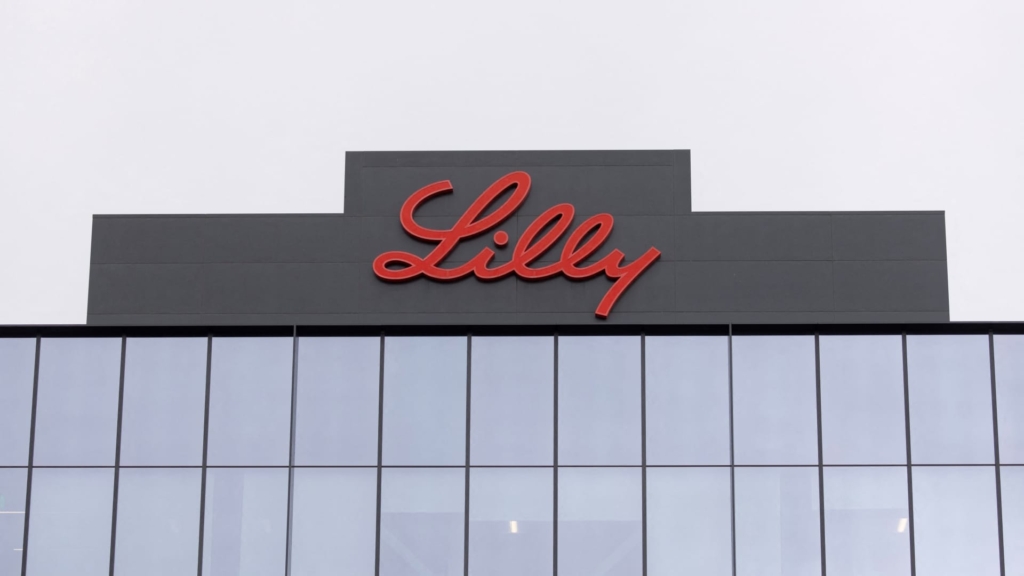Shares of pharmaceutical companies experienced a decline on Wednesday following President Donald Trump’s announcement of impending tariffs on imported drugs. This move has raised concerns among investors and industry leaders.
Major U.S. firms such as Eli Lilly, AbbVie, Bristol Myers Squibb and Regeneron saw their stock prices drop by approximately 4% or more. Other notable companies including Merck, Pfizer, Johnson & Johnson and Amgen experienced a decline of at least 2%. International companies, such as AstraZeneca and GSK, also suffered losses exceeding 4%.
In a press conference on Tuesday, Trump indicated that his administration will soon unveil a “major” tariff on pharmaceuticals despite the adverse market reactions triggered by his previous global tariffs. Last week, he had briefly exempted the pharmaceutical sector from the broader tariffs as a temporary relief measure.
The President has argued that implementing these tariffs would motivate drug manufacturers to relocate their production to the United States—a strategy already being explored by companies like Eli Lilly and Johnson & Johnson. This comes at a time when domestic pharmaceutical production has seen a significant decline over recent decades, with many key processes shifted to countries such as China and India, where operational costs are lower.
As per the United Nations COMTRADE database, U.S. imports of pharmaceuticals surged to nearly $213 billion in 2024, which is more than two and a half times the amount recorded a decade earlier.
However, industry analysts have voiced skepticism regarding the feasibility of reshoring production under these tariff conditions. They highlight the complexities and potential costs involved, which could incur disruptions in the pharmaceutical supply chain and subsequently increase prices for consumers. The sector is characterized by a convoluted manufacturing network, with components often produced across various countries.
BMO Capital Markets analyst Evan Seigerman emphasized the intricacies of global supply chains, stating, “Pharma is among the most complex—it’s not as simple as relocating the assembly of iPhones.” He noted that the tariffs are unlikely to significantly shift production back to American soil, given that many companies already have established operations in the U.S.
Seigerman also predicted that large pharmaceutical firms might postpone making permanent manufacturing decisions until the conclusion of Trump’s presidency.
In response to these developments, a coalition of House Democrats is reportedly urging the administration to safeguard medical supply chains, arguing that the trade conflict could have “devastating consequences” for U.S. patients. They expressed concern that shortages of essential medical products might lead to rationing and potentially severe health outcomes.
Lawmakers highlighted in a letter that disrupted access to critical medicines could lead to adverse decisions in patient care and even loss of life.
Furthermore, companies that have made significant investments to enhance U.S. manufacturing capabilities have voiced opposition to the tariffs, warning of their repercussions for research and development. Eli Lilly CEO Dave Ricks commented in a recent BBC interview that the company would face challenges in maintaining agreements while absorbing the costs associated with the tariffs, leading to difficult trade-offs within their business operations.
Ricks stated that such financial constraints would likely first impact research and development efforts, which he called a disappointing outcome.
Additionally, Johnson & Johnson recently announced a $55 billion investment aimed at bolstering U.S. manufacturing and research initiatives over the next four years, although the company has yet to respond directly to the issue of tariffs.


























